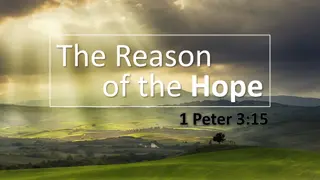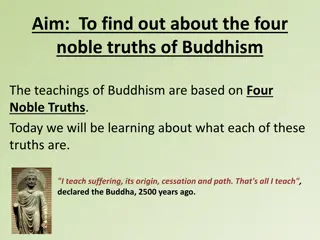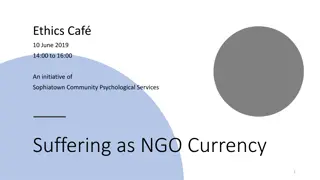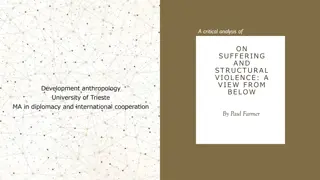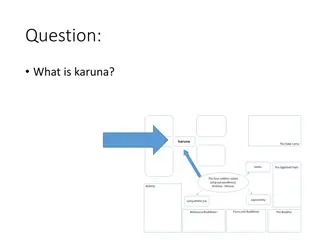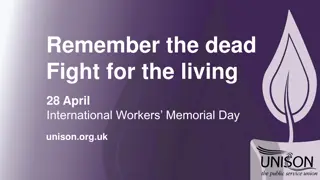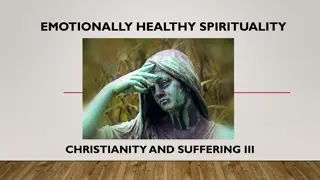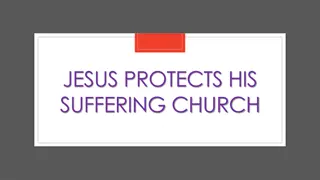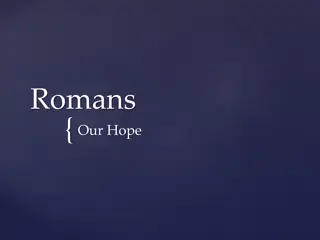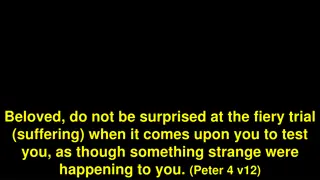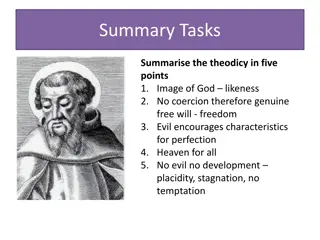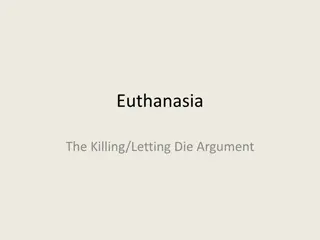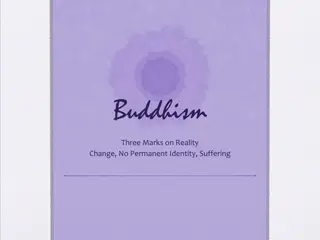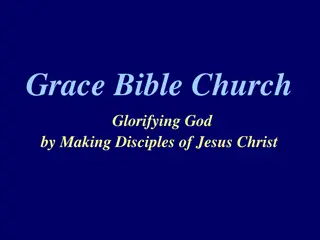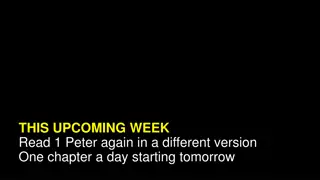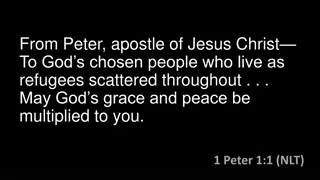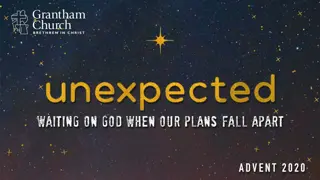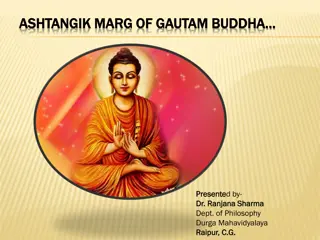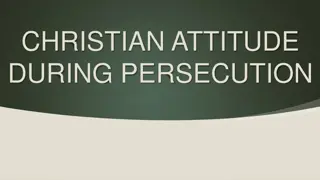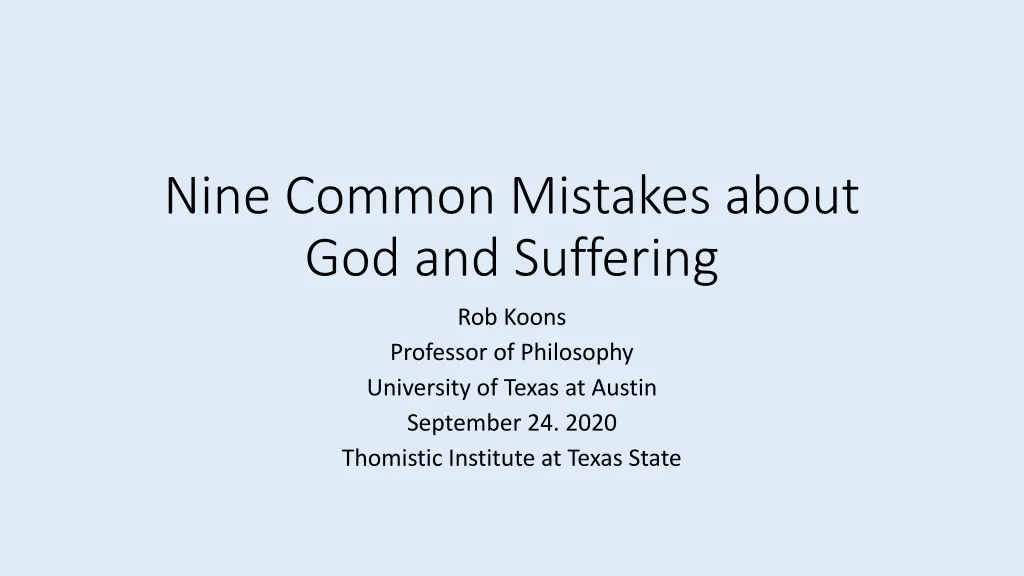
Common Mistakes About God and Suffering
Explore nine common misconceptions regarding God and suffering, such as why God didn't create a pain-free world, whether miracles are possible, and the nature of human suffering and death. Delve into the philosophical and theological perspectives of Professor Rob Koons from the University of Texas at Austin.
Download Presentation

Please find below an Image/Link to download the presentation.
The content on the website is provided AS IS for your information and personal use only. It may not be sold, licensed, or shared on other websites without obtaining consent from the author. If you encounter any issues during the download, it is possible that the publisher has removed the file from their server.
You are allowed to download the files provided on this website for personal or commercial use, subject to the condition that they are used lawfully. All files are the property of their respective owners.
The content on the website is provided AS IS for your information and personal use only. It may not be sold, licensed, or shared on other websites without obtaining consent from the author.
E N D
Presentation Transcript
Nine Common Mistakes about God and Suffering Rob Koons Professor of Philosophy University of Texas at Austin September 24. 2020 Thomistic Institute at Texas State
1. Why didnt God (if He is almighty) create a world full of happiness and devoid of pain?
1. Why didnt God create a world full of happiness and devoid of pain? The question presupposes that God is aiming at a certain global outcome. God is not a total utility (happiness) maximizer. He is a God of love (agape), caring about individuals, not aggregate quantities. He loves all His creatures as individuals, not as part of the whole.
2. Why doesnt God intervene to prevent the suffering of the individual creatures He loves?
2. Why doesnt God intervene to prevent the suffering of the individual creatures He loves? God is committed to sustaining a created world, containing creatures (animate and inanimate) with their own intrinsic natures. This involves imposes constraints on His own action. Any divine intervention has to be the exception, not the rule.
3. Are miracles then impossible? No. Divine miracles are possible, but only when they have some special justification as part of the history of revelation, not for the sake of preventing pain or suffering to creatures.
4. Are human suffering and death good things merely part of a cycle of life?
4. Are human suffering and death good things merely part of a cycle of life? No. God did not intend, as part of His original creation, for human beings to be subject to illness, suffering, or death. He subjected humanity to the reign of death as a necessary evil, in response to the abuse of free will by the original human beings. A world with moral evil and no death would be far worse.
5. Why did God place each of us in the midst of such a fallen, corrupted creation?
5. If God loves each of us, why did He place us in the midst of such a fallen, corrupted creation? The personal identity of each of us depends on the history and structure of the world we were conceived in. It makes no sense to ask why God didn t create us (the very people we are) in a better world. We couldn t have existed under other circumstances.
6. Why did God create us at all many of us would suffer or turn to great evil? at all, knowing that so
6. Why did God create us at all, knowing that so many of us would suffer or turn to great evil? The act of creation is sui generis human moral categories don t apply. God acted under no prior obligations or relationships. We can only ask how God s actions subsequent to creation display His goodness and lovingkindness.
7. Why didnt God create a better world? He did the world of holy angels. The only question is why create us as well? For all we know, there could be an infinity of alternative worlds created by God, most of them far better than this. For the sake of greater variety, the Great Chain of Being.
8. Do the imperfections of this world reflect an imperfection in God?
8. Do the imperfections of this world reflect an imperfection in God? No, in fact it is precisely because God is infinite in perfection that we should expect a highly imperfect creation. Given God s infinity, there is no best possible world that He could create. For any possible creation, there are an infinite number of still better worlds. In contrast, a finite creator could be expected to create the best world it was capable of.
The Indolence of God An infinite God can never do all the good He is capable of So, God needs no reason not to do something. What He does will always be good -often, amazingly good. But, it never makes sense for us to ask: Why didn t you do more? That question simply has no answer.
Our Response to Gods Indolence It make sense for us to try to give God special reasons for actualizing particular goods. One avenue for this is petitionary prayer. Such prayer can often influence God s actions, by giving Him special reason to do the particular good that is asked for. However, there are no guarantees. We can never coerce God into action. And, in certain cases, God may have good reason not to answer our prayer.
Consequences of These Facts Since God is constrained to respect created natures, and since God is indolent because of His infinity, in many cases it is up to us to fight against suffering. God will cooperate with and bless our efforts in many ways. This solves the dilemma posed in Camus s The Plague: how can we fight the plague without opposing God s will?
Gods Indolence and Gods Grace In calling God indolent , I am not denying that He has done amazing things for us. I m simply asking that we stop focusing on what God hasn t done. God showers good things on all of us daily, most of which we take for granted. In addition, He took the extraordinary step of assuming our human nature, becoming a man (Jesus), living and dying in great shame and pain, to overcome our separation from Him.
9. How can suffering have any positive meaning? God conquered evil through suffering---the suffering of His Son, Jesus, on the Cross. We can participate in God s warfare with evil through patiently enduring suffering and by acting compassionately. We can have hope for eternal life, free from pain and suffering, in which we and others can enjoy the fruits of our current struggles.
The Lucretian Problem of evil 1. If God exists, then God is wholly good and omnipotent. 2. A wholly good God would want to actualize the best possible world. 3. The best possible world would be a world devoid of bad things. 4. An omnipotent God could actualize any world. 5. Bad things exist. God does not exist.
Responses Premises 2, 3, and 4 are all probably wrong. There was no such thing as the best possible world . God needed no reason to create a sub-par (imperfect) world. Contra premise (2) Maybe God created many worlds, some with evil, some without. Contra premise (3) There are things even an omnipotent God cannot do: such as control the free will of rational creatures. Contra premise (4)
The Principle of Analogy God is infinite, we are finite. Goodness has a different operational meaning in these two domains. When God's action is similar to ours (making promises, or in the Incarnation), we can apply moral standards with confidence. When radically dissimilar (e.g., creation ex nihilo), we cannot.
In summary Self-imposed constraints. God may have placed Himself under fixed constraints, such as binding policies of non- interference. There is no best possible world, given God s infinity. He is necessarily indolent. Fragility of personal identity. If God had made a better world, then (as a matter of logical necessity) we wouldn't have been in it. So, God exhibited no lack of love for us in not making that better world. Apart from Jesus, there is no compelling evidence of God's love. Jesus transposes God s character into the human key.
In summary: Our response Human death and suffering were not part of God s original creation. They resulted from humanity s rebellion. Jesus passion and death gives meaning to all suffering. Jesus become human to reach us in our wickedness. This required Him to suffer at our hands, in order to reveal both our wickedness and His grace. By bearing suffering patiently, and by working to relieve the suffering of others, we unite ourselves with Jesus sacrifice. We look forward to an eternal world, in which our struggles will be rewarded, by an unimaginably great surplus.

